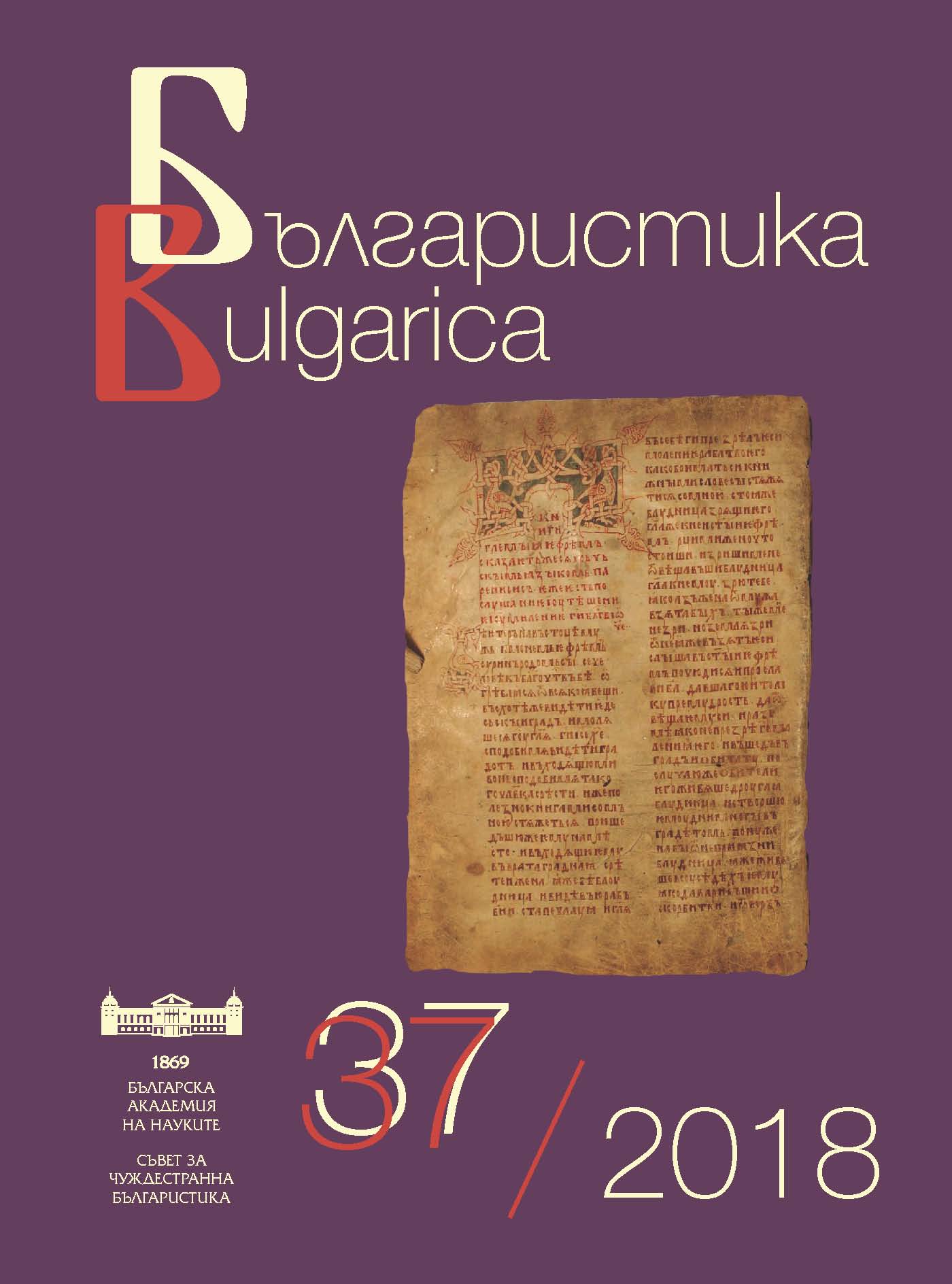
We kindly inform you that, as long as the subject affiliation of our 300.000+ articles is in progress, you might get unsufficient or no results on your third level or second level search. In this case, please broaden your search criteria.


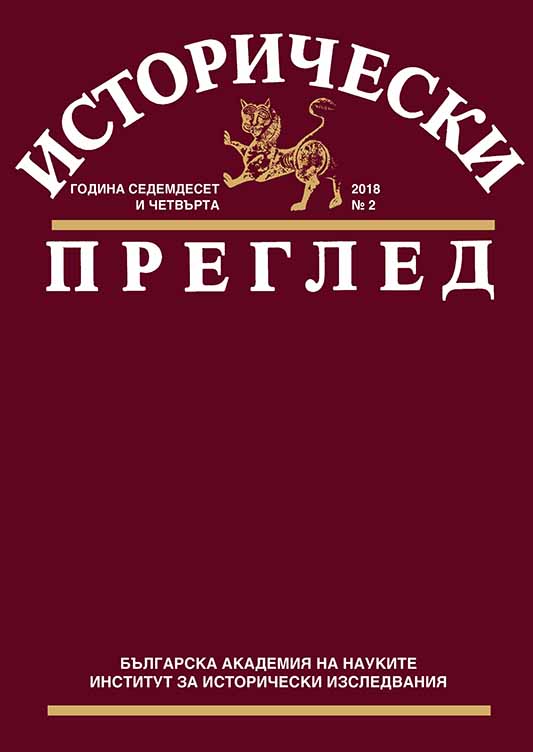
The author publishes in her article the marginal notes left by the hand of priest Bonne Stoychov of Belchin village. The notes are excerpted from three sources – “The Gospel of Enlightenment” (1856) and “New Testament” (1859) from the collection “Bulgarian Old Printed Books 1806–1878” of the National Library “St. St. Cyril and Methodius “ and from a book with an unknown title kept in a church in the village of Belchin. An attempt is made to present Bonne Stoychov as an author of marginal notes by his choice of topics in them and his appraisal of their value expressed in his decision to rewrite some of them. The presented source material gives an opportunity to outline the personality and the life path of a Bulgarian priest – Bonne Stoychov.
More...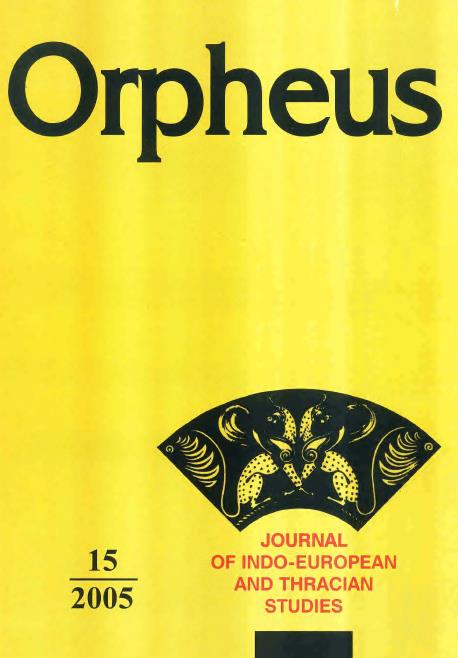
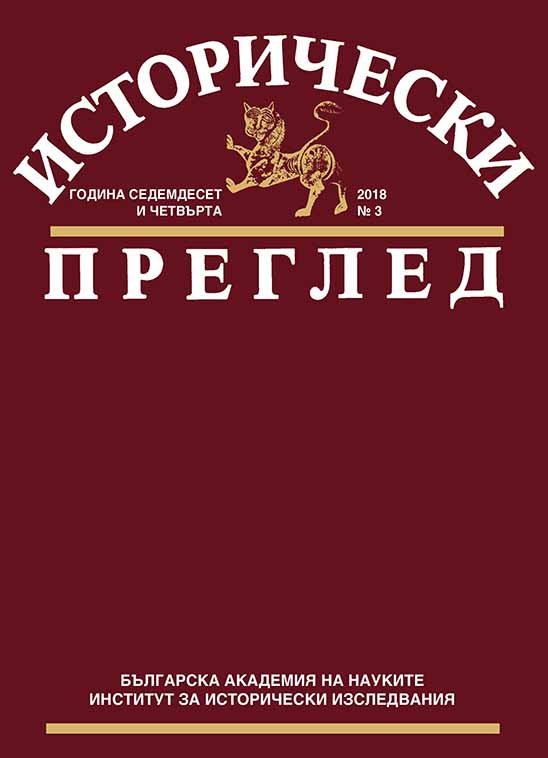
Unpublished letter of Sofia Bishop Stefan to the regent of Yugoslavia Paul Karađorđević from 1938, reflecting the views of the Bulgarian cleric on the ideas of “Integral Yugoslavia” and the unification of the two Balkan states.
More...
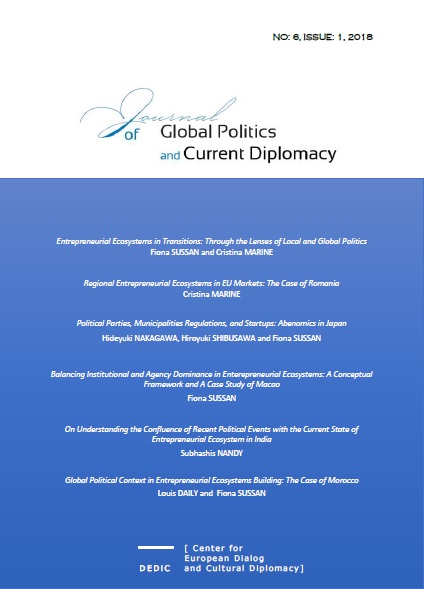
The global competition challenge has become a call to action for both the private and the public sector to find innovative ways to foster entrepreneurship. In this context, the concept of entrepreneurial ecosystem (EE) has become a metaphor used to Foster entrepreneurship as an economic development strategy. A functioning EE will be fueled by the synergy created by leadership, governance, and institutions aimed at mobilizing capital labor and resources. Emerging and functioning entrepreneurial ecosystems alike are the result of a rather lengthy process, not necessarily structured, in which entrepreneurs take the risks of launching their ideas and make sustained efforts to disrupt the long-standing accepted norms. They are the disrupters. The 21st century confirms Schumpeter’s prescient assessment that entrepreneurs are the key agents of creative destruction and provides examples showing that EEs are characterized by continued transformation and are informed by and have a direct effect on the places where they emerge. We acknowledge the substantive contribution to the still evolving understanding of entrepreneurial ecosystem development in Isenberg’s (2010, 2014) work; O’Connor et al. (2018) in their research of Entrepreneurial Ecosystems: Foundations of Place-based Renewal; and input on policy development from OECD and the European Commission.
More...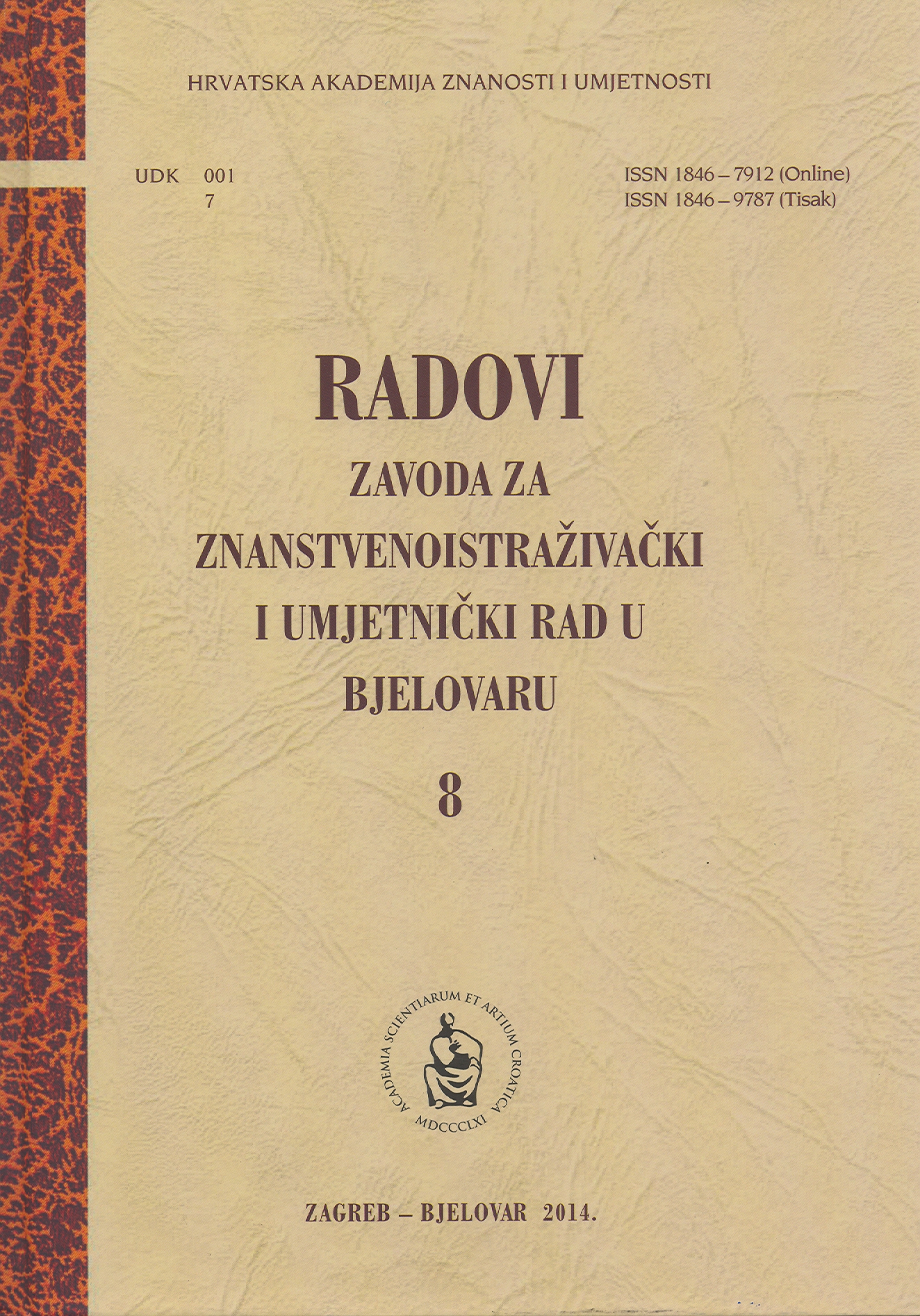
The bibliography of the works on the Homeland War in the Bjelovar–Bilogora County was composed in order to present them together to the interested public. The purpose was to familiarise the users with the existing material, enable them to quickly find bibliographic data, and stimulate them to further explore this topic. The bibliography comprises books, papers published in scientific and expert journals, wartime newspapers that had been published in the Bjelovar–Bilogora County, and audiovisual material. The bibliography further includes scientific and expert literature published in Croatia 1990–2013, which describes and analyses the causes of the downfall of Yugoslavia; the Great-Serbian ideology and policy; the causes of the aggression; wartime operations and military formations; the fall of the barracks of the Yugoslav National Army; the migrations of the population; displaced persons and refugees; wartime sufferings and the victims of the war; destroying monument and cultural heritage; wounding and medical care for the endangered in the areas of Bjelovar, the Bjelovar–Bilogora County and western Slavonia.
More...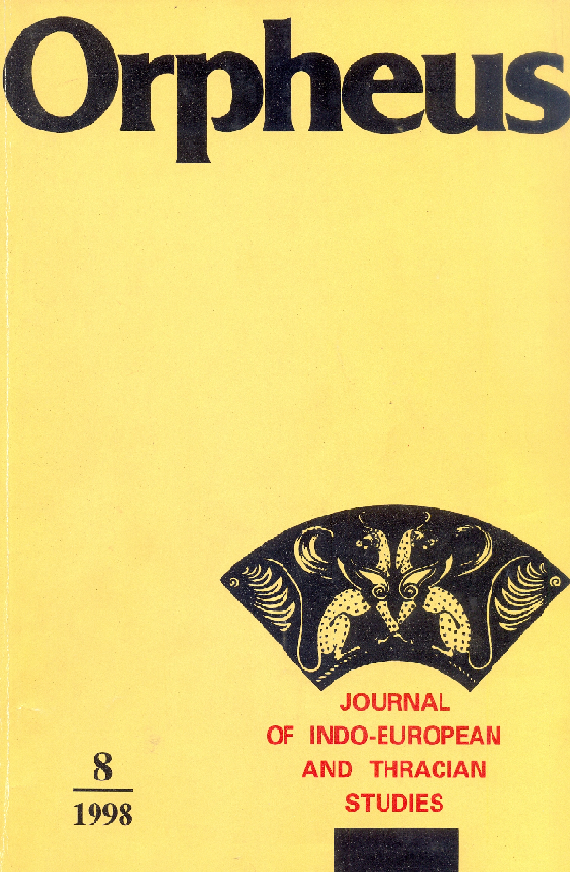
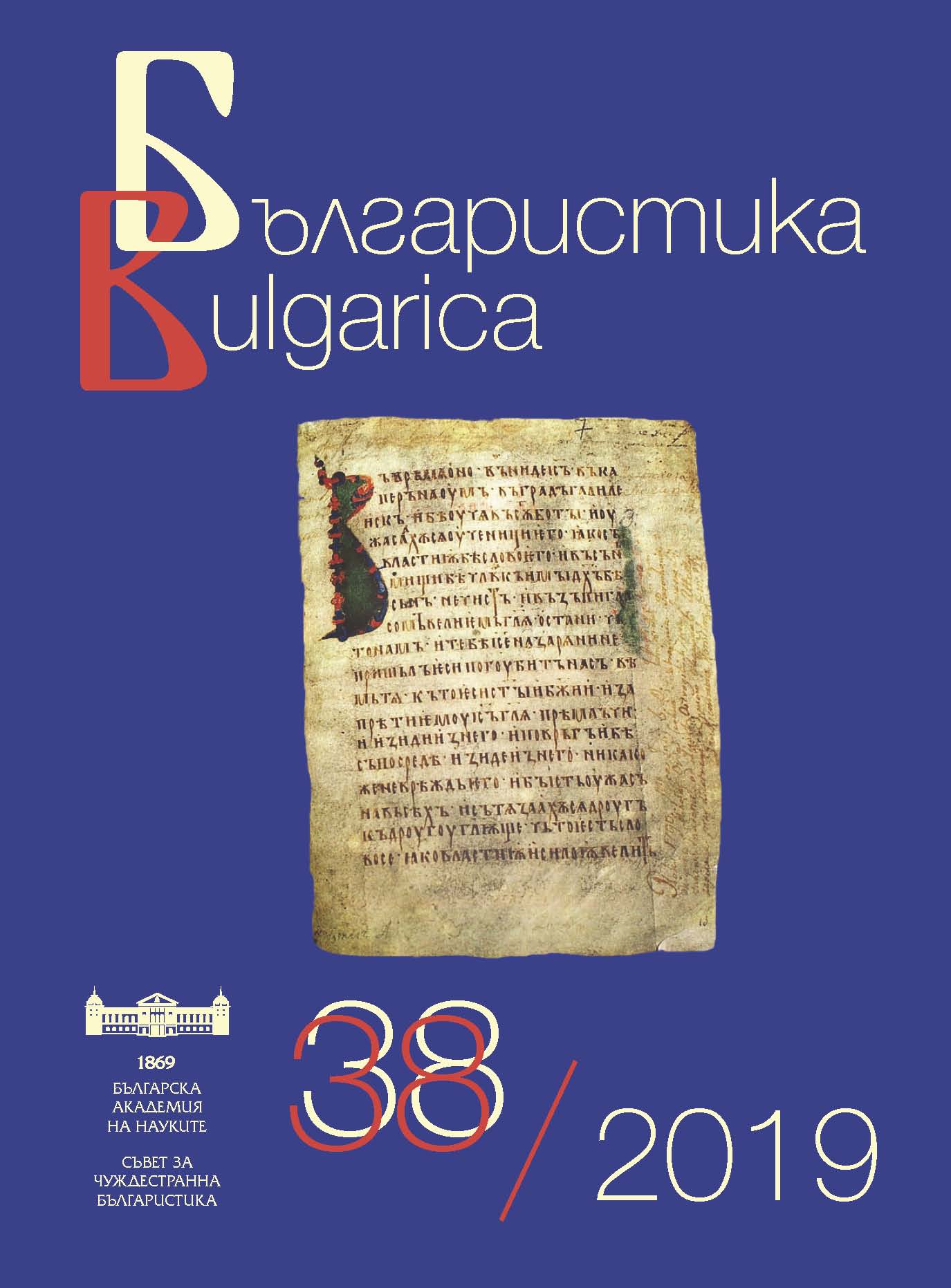



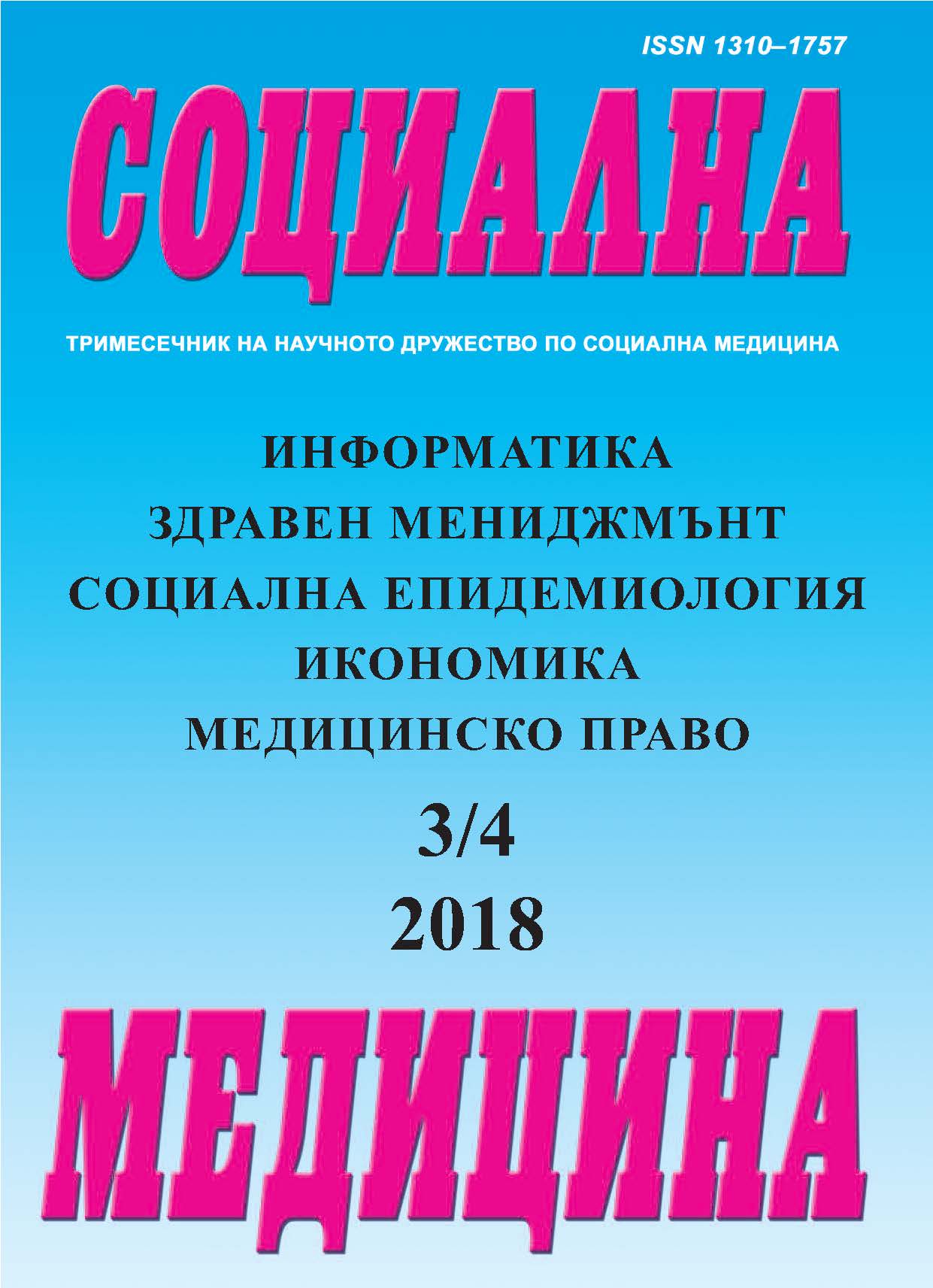
The professional activities of the clinical nurse are an important risk factor for the rise of infections due to medical service (IDMS), since a great part of them are due to direct contact with the patients.The basic hygienic care is part of the risky activities for the rise of infections, if it does not correspond to the standards of quality and safety.This study has shown a negative tendency to refuse to perform hygiene care, which poses a serious challenge to their optimization.The introduced alternative methods of hygiene for the severely ill in European hospitals, waterless bathing or dry bathing, significantly reduce the risk of infections, saves time, make the activity more attractive and increase the patients’ safety, comfort and satisfaction.
More...
La mise en perspective des écrits d'Althusser et de la récente biographie par Y. Moulier-Boutang interroge les rapports complexes, voire contradictoires, de l'homme et de son inscription dans la psychanalyse, la politique, et la sexualité. On y repère la structure du fantasme, lié à la nature de sa psychose, qui fait effet dans ses engagements toujours marqués d'une position d'antagonisme et d'isolement
More...
I will try to address here several questions about issues such as pleasure, (the) good, reality, and (feminine) jouissance, guided in that endeavor by the psychoanalytical discourse and practice. If the main purpose of human life, as Freud argues, is the search for some sort of happiness, clinical experience shows that for any particular individual, the question of the good and that of pleasure are quite distinct. « … The pleasure principle … is nothing else than the dominance of the signifier », writes J. Lacan. Jouissance is that supplement to pleasure which is also transgressive of it. The best description for what jouissance is can be called the void, the chaos which render pleasure and the signifier inconsistent and incomplete. There are several types of jouissance, most of them called phallic. The Other jouissance or feminine jouissance, “not-all phallic” (Lacan), is related to that void. It is synonymous to a particular ethics of the void, a “chaosmotic” ethics (in Joyce’s term), distinct from a “cosmic” ethics which would be that of pleasure and of the signifier
More...
In this paper I would like to develop the idea that there is a very clear distinction to be made between hysteria, on the one hand, and what psychoanalysis calls the feminine position, on the other hand. It is to the logic of the not whole that this feminine position corresponds, a logic that the hysteric subject contests at his/her turn. In this regard, hysteria is more close to a position attributed to men. What remains to be shown, in what follows, is what position the woman is in. If she does not exist, as the title of my paper suggests, then where is she?
More...
In establishing the guidelines for an ethical existence, Spinoza offers a theory of the eternity of the mind and differentiates between an intellectual order and the order of the imagination. The analysis and understanding of these notions involves two different approaches regarding the notion of mind and that of existence. A further analysis of the mind’s eternity, together with several key notions of Spinoza’s philosophy as they appear in various contexts - conatus, infinity, essence, the nature of knowledge – leads to a specific contour of this particular philosopher’s view on the notion of consciousness
More...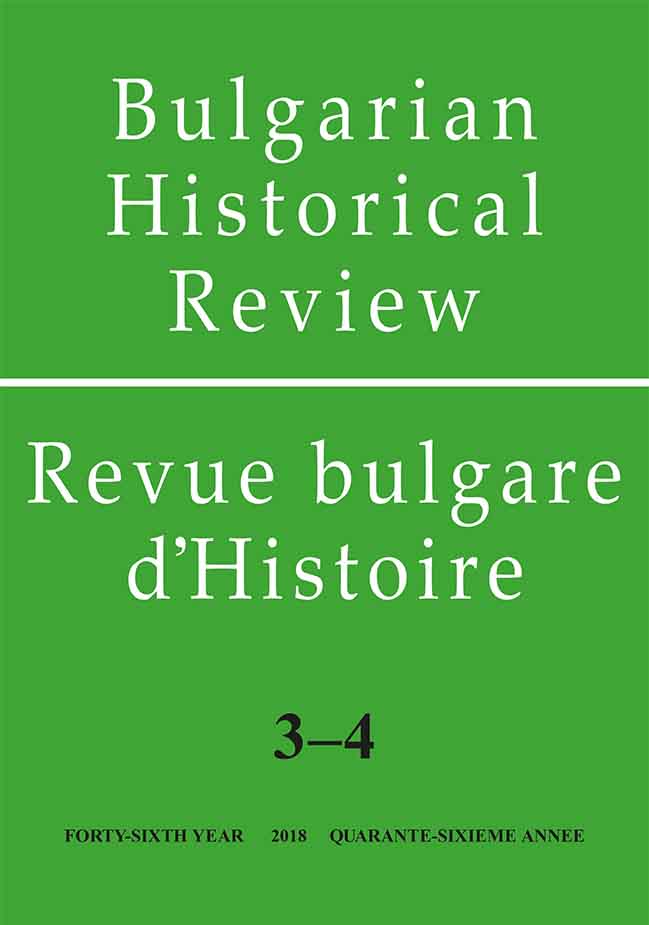
The name of Marin Drinov is well-known among the specialists and among the wider audience as the name of a notable scholar, honoured enlightener and public figure. Despite numerous studies, however, his correspondence has not received the adequate attention from researchers and still remains hardly accessible to readers. The study focuses on the fate of the epistolary heritage of M. Drinov in the context of the development of the Bulgarian historical science in the 20th and the beginning of the 21st century. Special attention is paid to the scientists who have made significant contributions to the search, reading and publication of his correspondence. The article outlines the prospects for future research and the preparation for publication of his known and unknown letters.
More...